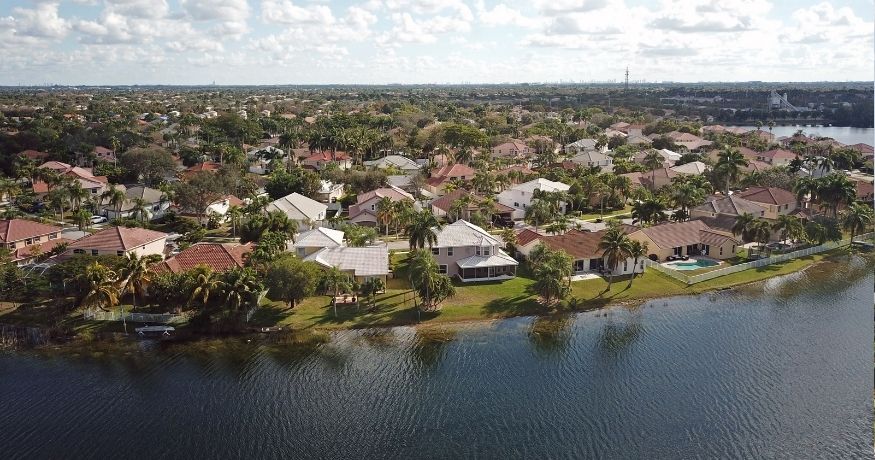Increasingly destructive hurricane seasons were already worrying insurers about the state’s coastlines.
The Surfside collapse has killed at least 97 people as of the writing of this article and is now causing greater concerns over the Florida homeowners insurance market.
The coastal community has already been facing rising pressure from climate change.
Economists are now taking another look at the concerns growing in the Florida homeowners insurance market. They are now looking to parts of the United States that are reaching the point that they are too risky to insure at a price the property owners can afford, or to cover at all.
This isn’t just speculation about where the industry is headed. Only days after the building crumbled, insurance companies issued letters warning older buildings that their coverage would be cut off if mandatory safety inspections were not passed.
This situation is not unlike the ones California property owners are facing in wildfire prone areas. There, and across similarly affected areas of the West, insurers have been withdrawing from the market because the wildfires make properties too risky to cover.
The changes to the availability of Florida homeowners insurance aren’t just among private insurers.
In April 2021, the federal government issued changes to the National Flood Insurance Program These changes could eventually cause some policyholders’ premiums to increase five times or more from the amount currently being paid for coverage.
“Coastal areas all across the Gulf and up along the East Coast could start to see very similar dynamics,” to the situation in Florida, said Wharton Risk Center executive director Carolyn Kousky from the University of Pennsylvania.
This trend has kicked in even before it is possible to determine whether climate change played any role in the Surfside building’s collapse. The building’s collapse wasn’t the cause of the move by insurers, but it accelerated it. The Florida homeowners insurance industry has already been watching the trends toward rising heat, increasing  air humidity levels, and other climate change related factors that cause buildings to experience a faster rate of deterioration, according to Tulane University Professor Jesse Keenan, a specialist in the impact of climate change on the human constructed environment.
air humidity levels, and other climate change related factors that cause buildings to experience a faster rate of deterioration, according to Tulane University Professor Jesse Keenan, a specialist in the impact of climate change on the human constructed environment.
